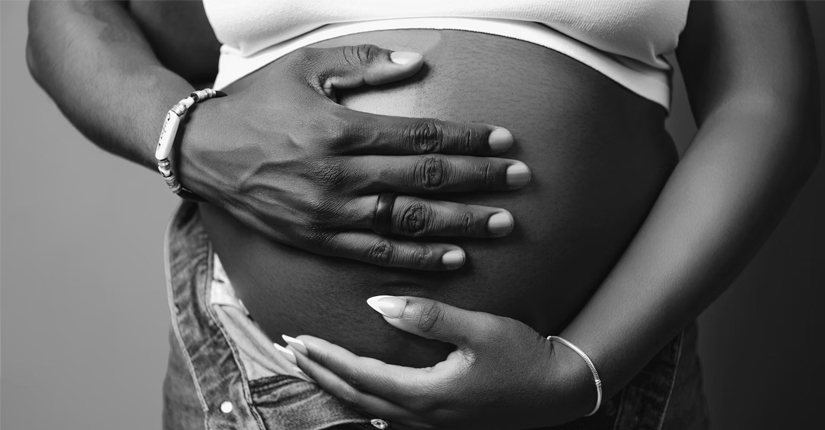- Clinic:
- 0733 945 717
- 0739 434 212
What is heat stroke?
September 22, 2025
Dispelling common myths about fertility
September 27, 2025Putting malaria in pregnancy firmly on the agenda now

Malaria in pregnancy can have devastating consequences for the mother and the unborn child. Clearly, effective interventions to prevent malaria in pregnancy have been woefully slow to translate into policy and practice, and there are many remaining gaps where research is urgently needed.
Although the severity of malaria in pregnancy has been known for decades, the burden of malaria in pregnancy is not visible since most pregnant women are unaware of being infected. Historically reproductive health programmes, which at a country level are responsible for caring for women during pregnancy, did not see malaria control as part of their remit and the malaria programmes were reluctant to share their interventions.
Typically, as in other diseases, treatment and prevention interventions have tended to exclude the needs of pregnant women. Indeed women’s health issues always struggle to get heard by the research community and within ministries of health. Drug safety concerns and the subsequent liability issues have meant that industry has steered away from testing their drugs in pregnant women.
However, there is now a desperate need to determine the safety and efficacy of current and incoming drugs in the different trimesters of pregnancy.Scientific bodies such as Kenya Medical Research Institute (KEMRI), the Wellcome Trust, the National Institutes of Health, and the European and Developing Countries Clinical Trials Partnership should make more effort to address this issue.
Literature reviews point out that the coverage of intermittent preventive treatment in pregnancy (IPTp) and insecticide treated bednets—the recommended preventive strategies for malaria in pregnancy—are unacceptably low. It is clear that most countries in Africa are nowhere near reaching the Abuja Declaration targets of 60% coverage of these interventions in pregnant women.
Over the years the number of players in malaria control has increased dramatically. However, a lack of coordination and harmony among the various groups has made it difficult to ascertain who is doing what.
Frequent changes of leadership within the WHO’s Global Malaria Programme have an unfavourable impact on malaria control generally. With every new leader there is a new dynamic and a new direction. Despite pregnant women being the main adult risk group for malaria, it is puzzling to see that in the current WHO strategy malaria in pregnancy does not feature highly. Instead, the big push is behind the introduction of artemisinin-based combination therapies (ACTs) and, more recently, indoor residual spraying (IRS). However, ACTs are not recommended for the first trimester of pregnancy and there is little information on the effects of IRS on pregnancy outcomes.
What is needed is an advocacy movement—a voice representing women in pregnancy that is regularly involved in discussions with the key players. Such a movement could ensure that targeted interventions are adopted and delivered quickly and cost-effectively, and that their shortcomings are addressed.
There are signs that maternal and reproductive health programmes are becoming more receptive to the needs of malaria control. The Making Pregnancy Safer programme at WHO has introduced malaria guidelines into their antenatal care package. Antenatal clinics already serve as a valuable entry point for malaria control. In this setting women could also be made aware of the problems of malaria in pregnancy and take steps to protect themselves.
Despite the recent celebrations of achievement in a great potential vaccine promise for malaria by the year 2014, it is unlikely that such benefits will become available soon thereafter.
Recent reports clearly indicate that the burden of malaria especially in adults has always been inadvertently grossly underestimated. In Kenya the season for malaria is fast approaching during the long rains from March to May. It is without doubt there will be many malaria cases with loss of lives especially among children under five and adults particularly pregnant women.
Since the government has shifted focus from curative to preventive services, this is a timely call to all stakeholders to start prevention of malaria especially in pregnant women today.
Take a fertility test today
